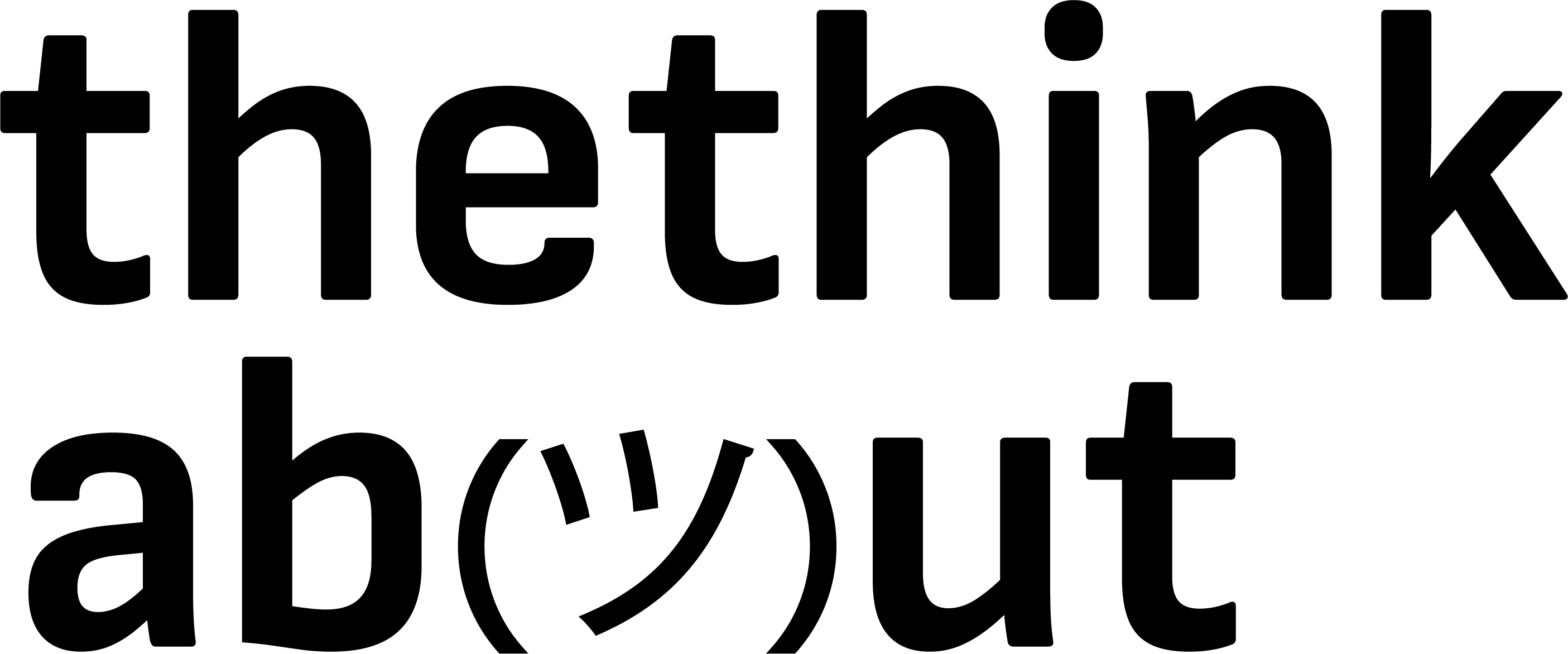
Anxiety and the brain-gut connection
You probably already knew that serotonin, the neurotransmitter responsible for feeling happy is produced in your brain.
But did you know that the majority of serotonin in the body is produced in the gut?
Low levels of serotonin are linked to the development of anxiety disorders such as General anxiety disorder (GAD), panic disorders, social anxiety etc.
In this article I talked about how anxiety starts in your brain. Once the part of your brain called the amygdala, or “the fear centre” gets hyper activated, (through continuous stress, trauma or drug abuse), it becomes oversensitive and you get anxious.
To calm down this overactive centre, you need to make your body produce more calm neurotransmitters.
One way of doing it is through psychotherapy, meditation or other relaxation techniques. But the other one, equally important is through proper nutrition.
Why is that?
Here is the explanation:
Research shows that imbalance in your gut microbiota influences the production of neurotransmitters that regulate your mood and behaviour. Through simply consuming foods rich in vitamins, minerals and antioxidants, you heal your brain.
Certain foods contain precursors or building blocks to neurotransmitters that transmit signals between neurons in the brain. For example: foods rich in tryptophan, such as poultry, dairy, and nuts, can enhance serotonin production, which regulates mood and sleep, foods rich in tyrosine such as soy products, fish and yogurt, help producing dopamine.
Here are the best foods to consider if you have anxiety:
- Fatty Fish: Fatty fish like salmon, mackerel, sardines, and trout are rich in omega-3 fatty acids, which have been linked to reduced symptoms of anxiety and depression. Omega-3s are crucial for brain health and regulate neurotransmitter function;
- Whole Grains: Oats, quinoa, brown rice, and whole wheat contain complex carbohydrates that are a steady source of energy and stabilise blood sugar levels. Stable blood sugar levels help regulate mood and energy levels throughout the day;
- Leafy Greens: Leafy greens such as spinach, kale, and Swiss chard are rich in magnesium, a mineral that plays a role in relaxation and stress reduction. Magnesium deficiency has been linked to increased anxiety symptoms, you should include magnesium-rich foods in your diet;
- Berries: Blueberries, strawberries, and raspberries are packed with antioxidants, vitamins, and phytonutrients that support brain health and reduce inflammation. Studies suggest that antioxidants found in berries have mood-stabilizing effects;
- Nuts and Seeds: Almonds, walnuts, pumpkin seeds, and chia seeds are rich in nutrients such as magnesium, zinc, and omega-3 fatty acids. These nutrients reduce symptoms of anxiety;
- Yogurt and Fermented Foods: Yogurt, kefir, sauerkraut, kimchi, and other fermented foods contain beneficial probiotics that support gut health. New studies show they contain tryptophan – an amino acid responsible for production of serotonin – the chemical that boosts your mood;
- Lean Proteins: Lean proteins such as poultry, eggs, tofu, lentils, peas and beans provide amino acids that your body converts into mood lifting neurotransmitters. When you feed your body with enough protein, it doesn’t need processed foods, sugar and carbohydrates- all responsible for mood fluctuations and anxiety.
- Avocados: Avocados are rich in monounsaturated fats and potassium, which support heart health and may help lower blood pressure. They also contain folate, a B vitamin that plays a role in neurotransmitter synthesis and mood regulation.
- Dark Chocolate: Dark chocolate contains flavonoids, antioxidants that improve your mood and cognitive function. Small amounts of dark chocolate (with at least 70% cocoa content) will serve you as mood-boosters.
- Herbal Teas: The best teas for anxiety and panic attacks are chamomile, peppermint, lemon balm, lavender, rose tea and passion flower. They have calming properties and help you relax.
- Drink a LOT of water – Even mild dehydration can affect focus, concentration, mood regulation, and cause irritability which worsen anxiety symptoms.
What to avoid if you’re prone to anxiety
Any stimulants like coffee, alcohol, cigarettes or substances will worsen your anxiety.
It is common for people who suffer from anxiety disorders to try and self-medicate with stimulants. But they have a temporary calming effect and actually make your anxiety much worse.
Stop eating sugar.
Sugar is addictive. Sugary foods and beverages cause rapid spikes in blood sugar levels, followed by a subsequent crash. These fluctuations in blood cause irritability, fatigue, and mood swings, which worsen anxiety symptoms.
The same happens when you eat processed foods.
Sugar activates the body’s stress response by increasing cortisol and adrenaline levels. It leads to cravings.
That means that you may get anxiety just from eating too much sugar.
It will be difficult in the beginning but in time you will get used to it. The less sugar you eat, the less you’ll want it.
Start from not adding sugar to your coffee and tea and eat sweets only once per day. Then decrease it more.
Want to know more?
See how to get rid of cravings
See how to quit smoking forever
See how to stick to a healthy routine when you have anxiety and much more
TheThinkAbout is a website based on psychology in practice and experience. Like the articles? Subscribe to never miss anything. If you want to support this website, you can do it here.

Leave a comment